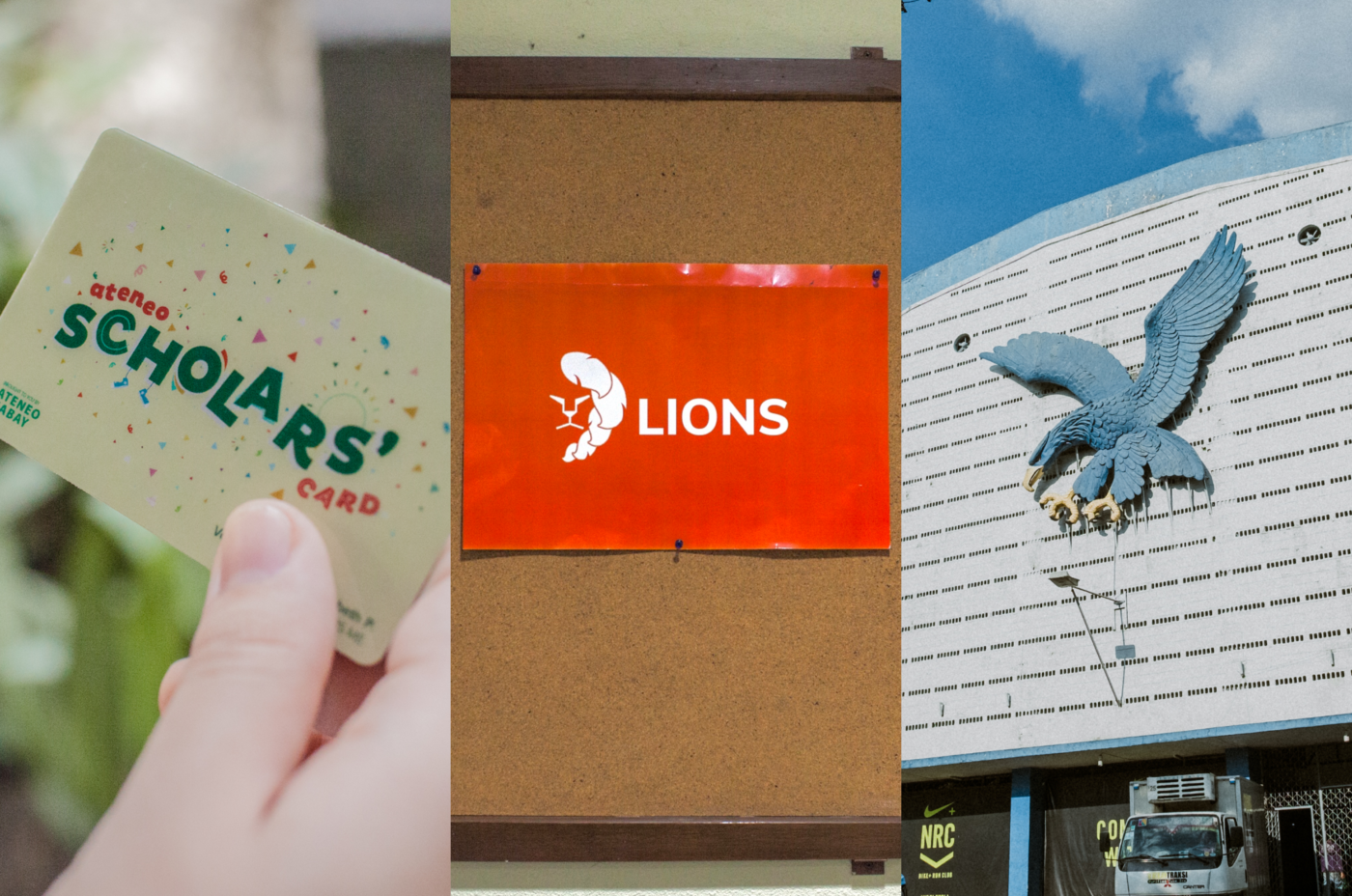TO ENSURE that various Sanggunian sectors are properly represented in the Loyola Schools (LS), the Sanggunian created the Committee for Sectoral Reform through an Executive Order issued on March 22.
Interim Sanggunian Vice President Kat Moreno said that the Committee aims to streamline the work of the Sanggunian and its dynamic with different sectors to decentralize decision-making and encourage student participation.
Interim Sanggunian President Jb Bejarin added that the Committee is currently drafting the Sectoral Reform Bill, which aims to delineate the roles and the processes between the Sanggunian and the sectors. This Bill will be passed and signed in the Central Assembly (CA) by the end of May.
Sectoral problems
The need to establish Sanggunian sectors in the LS stemmed from the issues of the 2011 Electoral Code, which stated that elections will only be considered valid if at least 50% + 1 of the constituency have voted. Struggles to reach this quota caused numerous vacant seats in the Sanggunian, and the 2016 Constitutional Convention was conducted to remove this quota and focus on institutionalizing sectoral representation instead.
With this, the League of Independent Organizations (LIONS), Sports Club, and Scholars sectors were established in AY 2019-2020. However, the Ateneo Commission on Elections failed to confirm their status as sectoral representatives in time due to telecommunication issues, so representatives could not author and pass bills for their sectors.
Moreno explained that even when the sectoral representatives became official, the Central Assembly struggled to formalize their processes amidst the shift to the online set-up. She said that these problems were especially highlighted during the student strike in November 2020.
“For the first time, these representatives were pushed to the spotlight [and] needed to interact with their respective constituents and channel all of the voices, all of the concerns, properly to bring to the Central Assembly,” she explained.
Both Bejarin and Moreno added that the Sanggunian also faced issues in overlapping constituency checks as students could be in more than one sector.“For example, the school or main Sanggunian would release a survey but then your org would release a survey because they are part of either Council of Organizations of the Ateneo or LIONS,” Bejarin explained.
Systemic reforms
Now that the Committee has been formed, the Sanggunian hopes to institutionalize the necessary reforms in the said Bill. “We’re really laying down the ground systems and it’ll be written and documented through the Bill. So once that’s done, […] the system will go on because it’s institutionalized through legislation,” said Moreno.
According to Bejarin, the Committee is divided into five technical working groups (TWGs) based on the following areas: Basic collaboration principles between the Sanggunian and the sectors, sector rights and responsibilities, financial and other procedures, student consultation and data gathering, and socio-political engagement.
Each TWG is composed of members from the different sectors and the Sanggunian, and they are all tasked to draft the sections of the Sectoral Reform Bill for the next few weeks.
Moreno added that the Bill could also encourage students to lessen the barriers to creating sectors, motivating students to start their own sectors and review the Electoral Code’s sectoral provisions.
“I’m actually trying to start [a sector] for transferees, [and] what we noticed is ang laki ng barriers to entry. I understand [why] but I hope through [the Bill] there’s less pain points that a group has to go through in running [a] sector,” she said.
Better representation
With the creation of the Committee, Moreno hopes that sectoral representation reforms will increase student representation in the Sanggunian and decrease barriers in forming sectors.
Meanwhile, Bejarin is hopeful that the Committee will successfully flesh out the respective roles of the Sanggunian and the sectors to avoid overlaps in the future. He also noted that going through a whole year online has allowed the Sanggunian to better articulate policies for various student groups in the online setting.
Overall, he said that the Sanggunian is hopeful to involve more students in the process of getting sectoral representation for marginalized groups.
“I think that’s been the goal of Sanggunian this whole year—[to] fully realize systems in place [and] to put up systems that would [promote] student empowerment in the LS community especially now that we’re in a pandemic,” he said.







